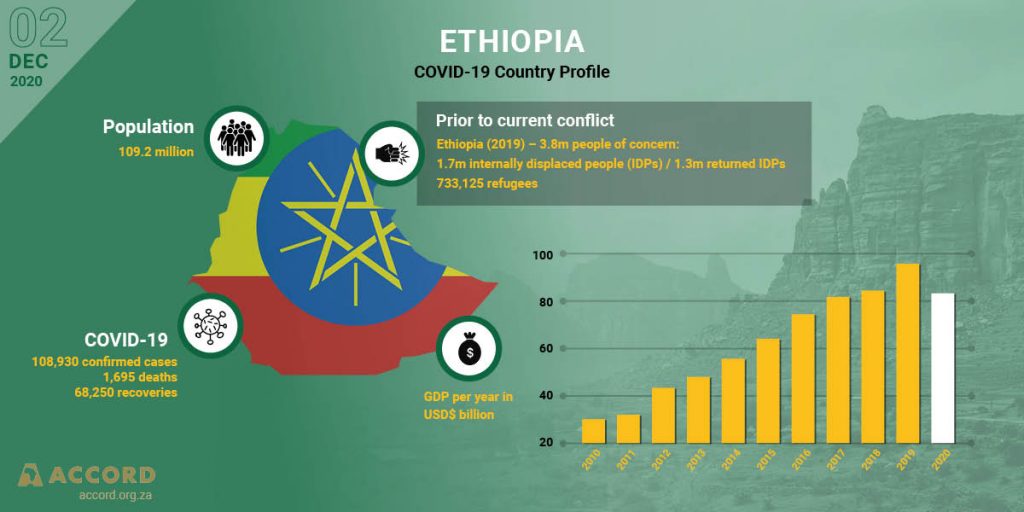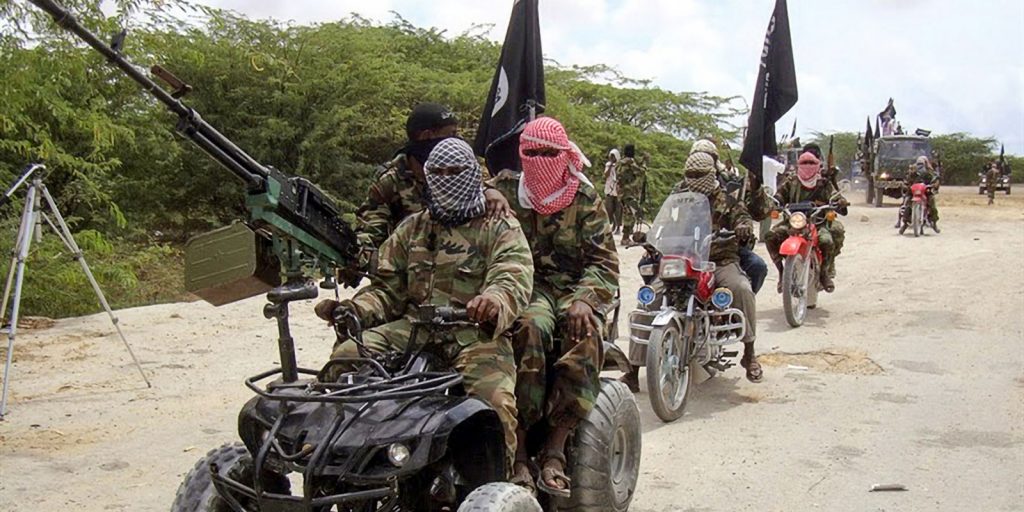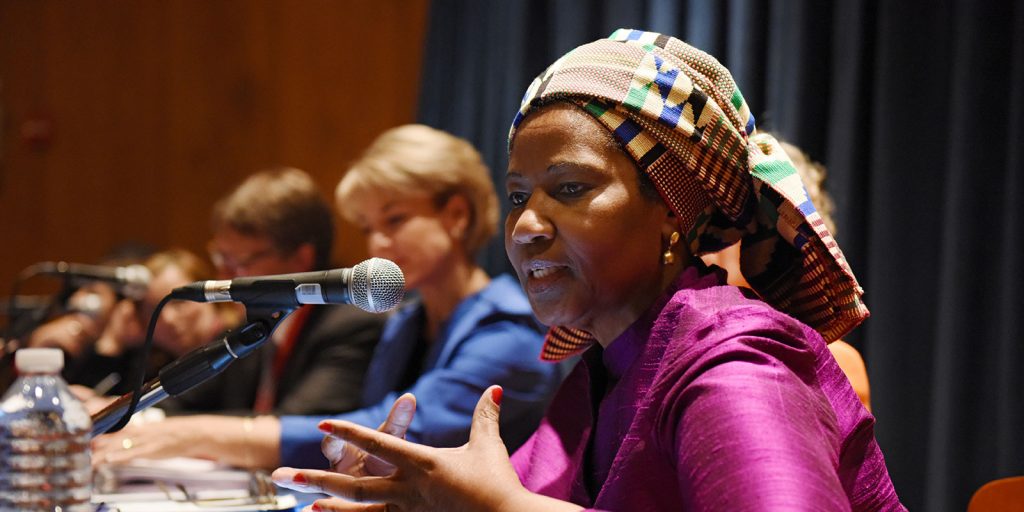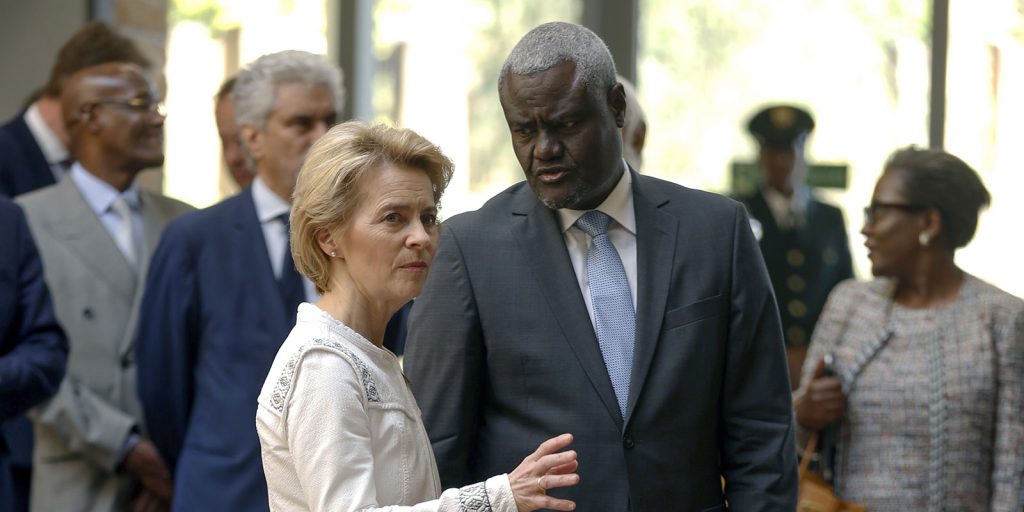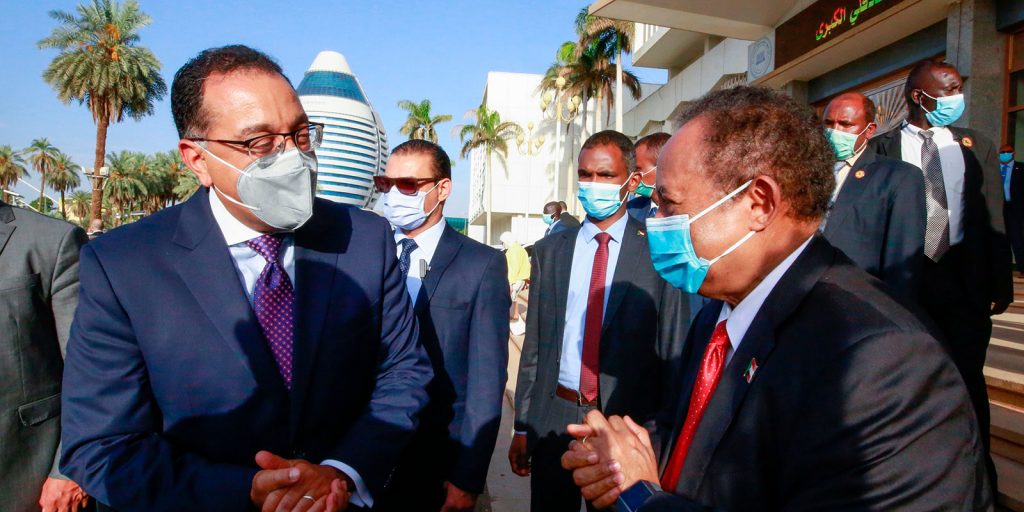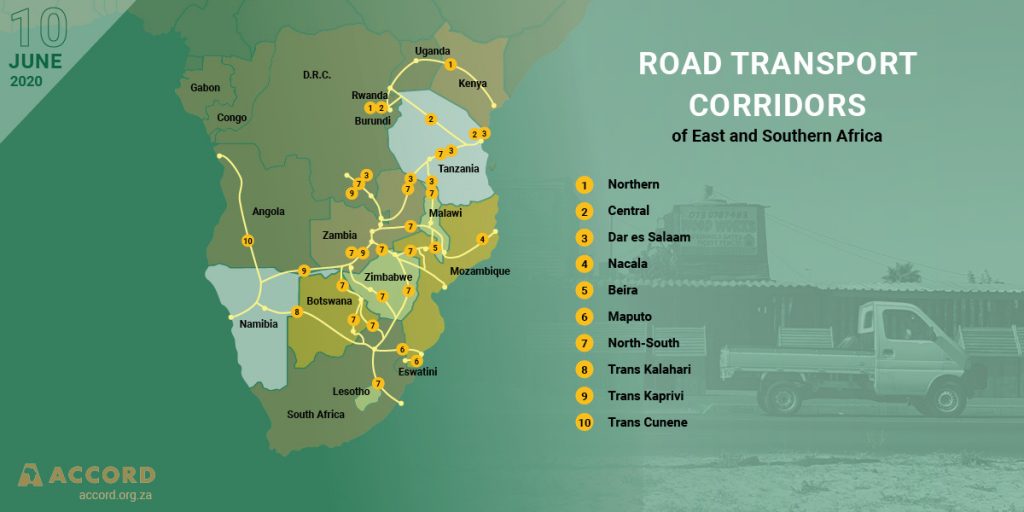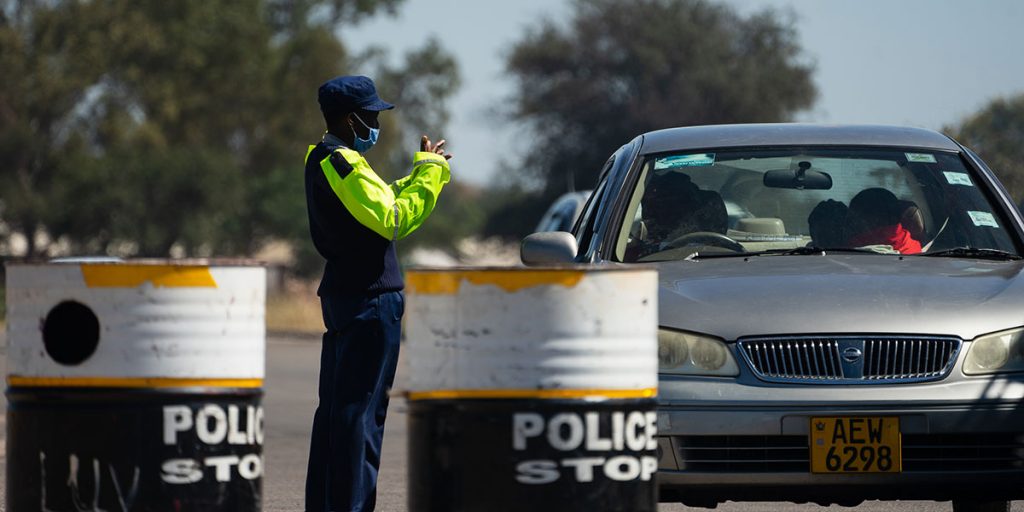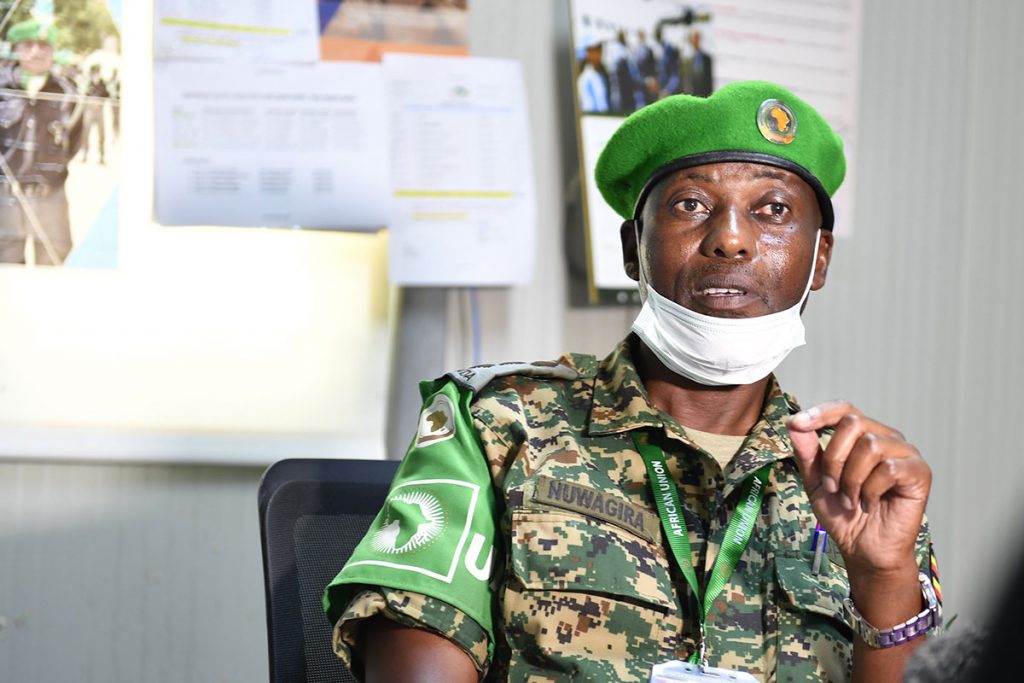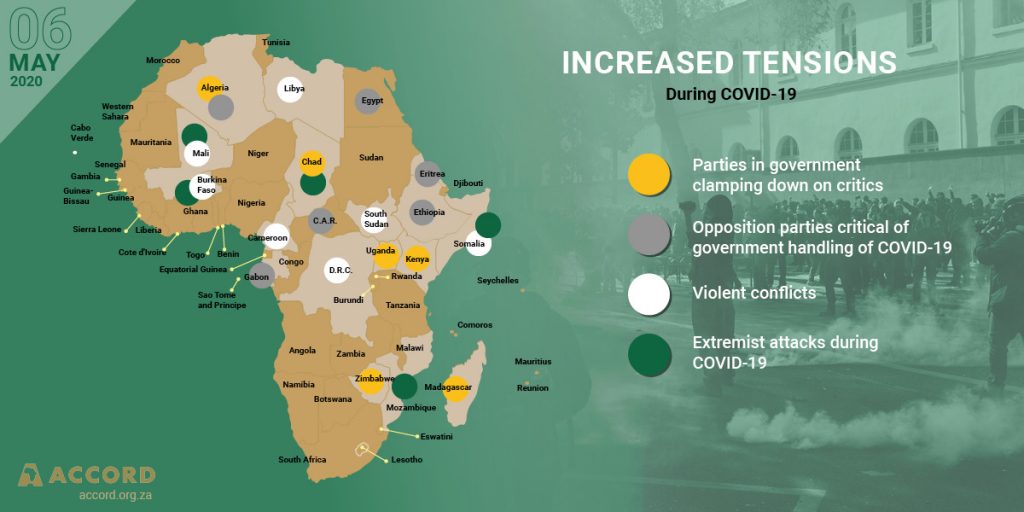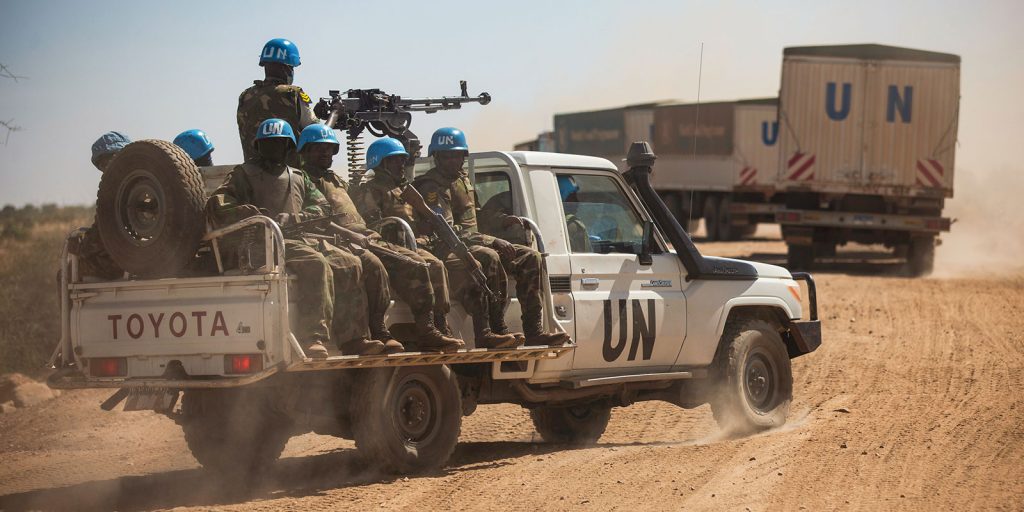
Silencing the Guns requires a multi-pronged approach
The African Union Heads of State and Government had marked the year 2020 with the theme “Silencing the Guns: Creating Conducive Conditions for Africa’s Development”. As a flagship project of Agenda 2063, Silencing the Guns by 2020 was adopted in 2013 during the Organisation of African Unity/African Union 50th Commemorative Anniversary Summit of African Heads of State. The vision of the 2013 Solemn Declaration was to achieve the goal of a conflict-free Africa, to make peace a reality for all our people and to rid the continent of wars and civil conflicts.

